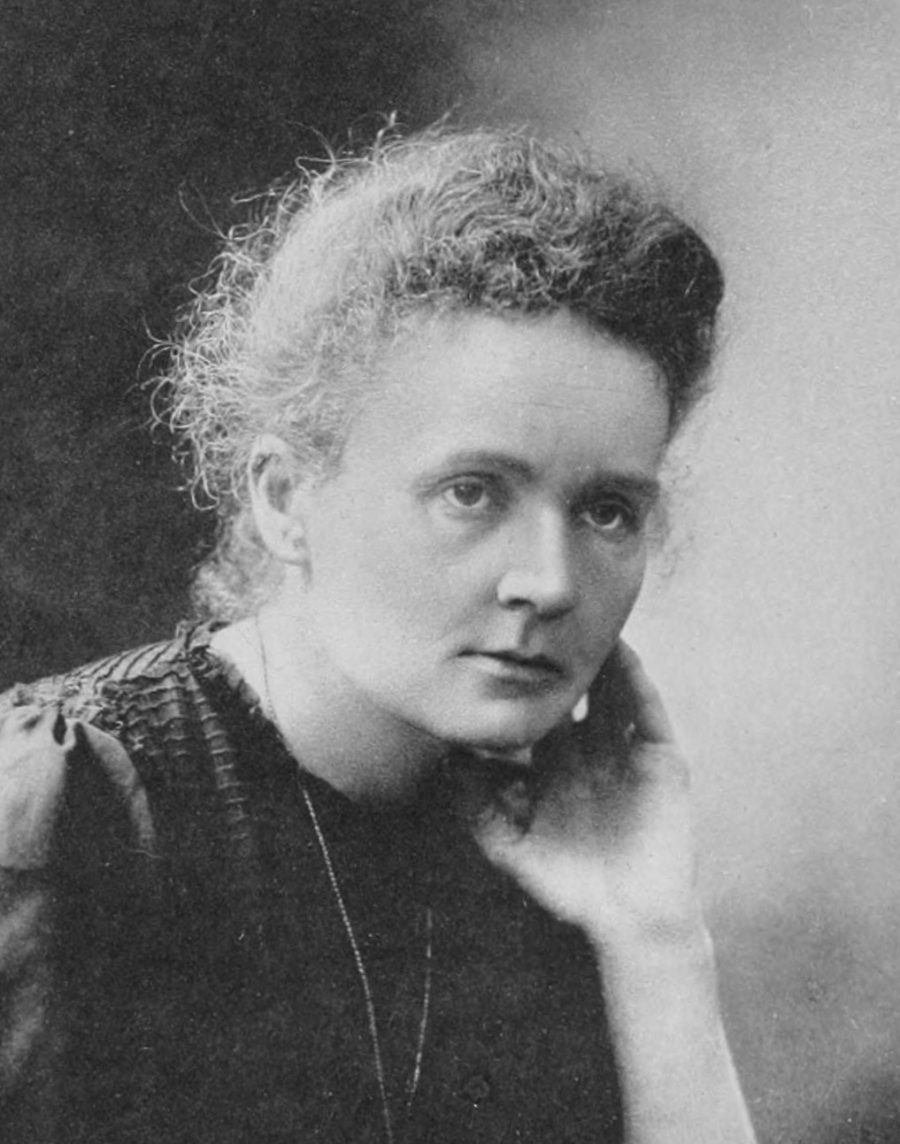Overview:
The first woman to win the Nobel Prize in Physical Sciences was Marie Curie. She accomplished this notable achievement in 1903, imparting the award to her better half, Pierre Curie, and physicist Henri Becquerel for their aggregate work on radioactivity. Marie Curie's commitments were weighty and made way for future examination in both physics and chemistry.

Conceived as Maria Sklodowska in Warsaw, Poland, in 1867, Curie moved to Paris to learn at the College of Paris (Sorbonne), where she acquired degrees in physics and chemistry. It was in Paris that she met Pierre Curie, an individual researcher. Their joint effort was one of organization in marriage as well as in logical exploration.
Marie Curie's Nobel Prize-winning work started with Henri Becquerel's disclosure of regular radioactivity. Curie begat the expression "radioactivity" and led spearheading analyses to grasp this peculiarity. She fastidiously secluded radioactive isotopes and found two new components, polonium and radium. Her exploration showed that radioactivity was a nuclear property, which significantly affected the field of nuclear material science.
Notwithstanding her 1903 Nobel Prize in Material Science, Marie Curie accomplished one more achievement by winning a subsequent Nobel Prize in 1911, this time in Science, for her work in detaching unadulterated radium. This made her the principal individual, and she remains a rare example, to win Nobel Prizes in two different logical fields.
Marie Curie's inheritance stretches out past her logical accomplishments. She broke huge obstructions for ladies in science, turning into the principal female teacher at the College of Paris. Her devotion to explore, even notwithstanding significant individual and expert difficulties, keeps on motivating researchers all over the planet.
Curie's work progressed logical information as well as established the groundwork for various clinical therapies and innovations, including disease radiotherapy. Her life and achievements are a demonstration of her phenomenal mind, determination, and energy for science.
Read more: Who was the first woman to win a Nobel Prize in Chemistry